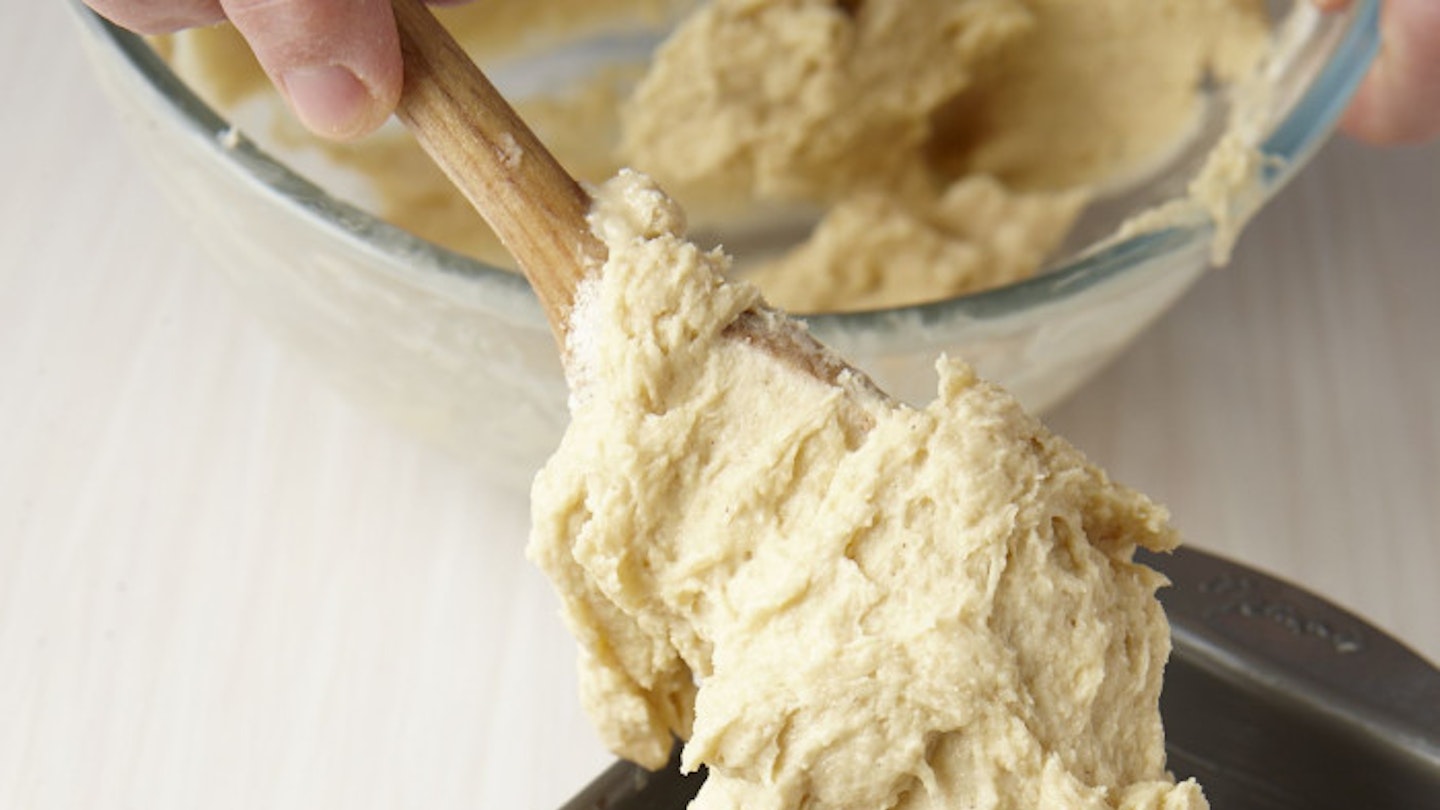If you’ve been dutifully swapping out your beloved sourdough in favour of gluten-free bread in the name of health, we have some bad news.
A new study reported in The Sunday Times reported that the 86 gluten-free loaves researchers examined contained xanthan gum, a glue-like substance used to soak up the residue from practices like fracking and drilling. Yes, you read that right: glue.
The unsavoury news doesn’t stop there – the own-brand loaves from Morrisons and Sainsburys also had E464 hydroxypropyl methylcellulose, a treated wood pulp that’s used in eye drops. Morrisons responded to the findings, saying “These ingredients are completely safe", while Sainsbury’s did not comment.
While this is undoubtedly disturbing to hear, gluten-free bread isn’t the only food that uses xanthan gum - it's often in jams, jellies and sauces like mayo. It’s often called for in gluten-free baking as a binding agent, as the lack of gluten can often render baked goods overly crumbly and hard to work with.
Die-hard kale evangelist and ‘clean-eating’ aficionado Gywneth Paltrow uses it frequently in her ‘It’s All Good’ cookbook and it is safe, although some people may find they get bloated if they eat too much of it. But even though xanthan gum isn't necessarily harmful, these findings could well burst the gluten free bubble.
If you don’t actually have an adverse reaction to gluten, switching up your morning toast won’t necessarily score you any healthy eating brownie-points (excuse the pun). Gluten-free bread will always be more processed than normal bread, and contain more additives and preservatives to make it resemble and taste like a classic baker’s offering.
Our advice? If it’s not making you poorly, stick to the stuff that your nan would recognise.
